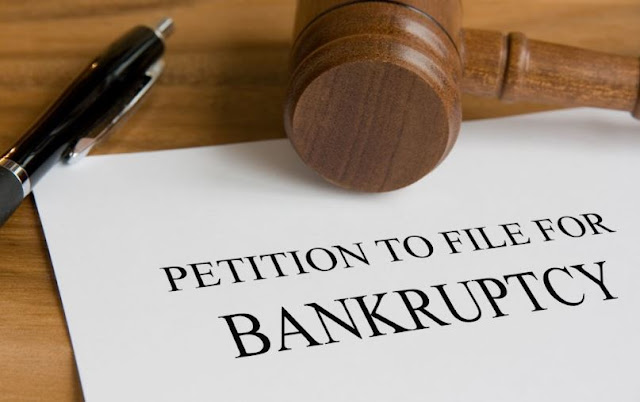
In life, you might encounter financial hitches here and there. In most cases, you overcome them and land back on your feet. But what if you are unable to overcome them; what will you do?
One of the solutions to deal with the inability to repay debt is by filing for bankruptcy. It is a legal process that will help you when you can’t repay debts to creditors anymore. A successful bankruptcy procedure relieves you from some of the debt, allowing you to make a fresh start financially.
The bankruptcy process has many procedures and can be challenging to understand. Therefore, it is important to consult a bankruptcy attorney to help you out.
Got questions about bankruptcy? Here are 4 big bankruptcy questions best answered by an experienced bankruptcy lawyer:
1. What Bankruptcy Options Are Available?
Different jurisdictions allow bankruptcy differently. It all depends on the state’s laws and regulations.
Suppose you live in the United States (US.) You have six bankruptcy filing options under the US bankruptcy code. The choice depends on what suits you best. Some of the common bankruptcy chapters under this code are 7, 11, and 13. The others are chapters 9, 12, and 15.
Chapter 7 requires you to liquidate your non-exempted assets to pay off the creditors and is ideal for businesses and individuals. With chapter 11, you get to repay your loan under a plan and don’t have to liquidate your assets. It is ideal for businesses that run as partnerships, corporations, and sole proprietorships. Meanwhile, watch this video for more on chapter 13 bankruptcy:
The above-mentioned are some of the options for filing bankruptcy. Your chosen bankruptcy attorney will guide you through the options and advise you on which one should you choose that fits your situation.
2. Is All Debt Eliminated?
One of the main reasons for filing for bankruptcy is to get relief from some of the debt. It begs the question, does bankruptcy clear all debts? The answer is no.
Debt elimination depends on your chosen bankruptcy chapter. Most chapters eliminate personal, medical, and utility bills. Some of the debts you might still have to pay are student loans and domestic support like alimony and child support.
When taking out a loan from a creditor, some will request collateral to secure the loan. If this is one of your debts, it won’t get automatic dismissal. Suppose you got a home-buying loan with the promise to pay after one year. You gave the said home as collateral should you fail to pay the debt. On filing for bankruptcy, the courts will only eliminate the debt if you give up the home.
Regarding your case, the bankruptcy attorney will assess your debt and inform you about those you can get relief from and those you can’t.
3. Do You Qualify For Bankruptcy?
Who can file for bankruptcy? It is a question best answered by your attorney since it depends on your situation.
Each of the chapters of bankruptcy has qualifications. You must meet the requirements of your preferred chapter to file it successfully.
Qualifying for chapter 7 requires you to pass the mean test. You will pass the mean test if your average monthly income (six months before filing for bankruptcy) is less than the median income for your household size. This chapter is ideal for those with limited income and few assets.
With chapter 13, you should have enough income to repay your debts under an agreed payment plan. You should also not be willing to use your assets to repay the debt.
Chapter 11 best suits businesses that want to remain in operation as they repay their debts.
A bankruptcy attorney will assess your assets and income and advise on the group you qualify for.
4. How Much Will It Cost?
Filing for bankruptcy is often pricey. Before embarking on this journey, it is important to ask your attorney about the costs of the process. You want to be prepared financially for the process; otherwise, you will stop the process midway.
Some of the costs you are likely to incur are court filing fees, administrative fees, lawyers, and courses. The court filing fees depend on the chapter under which you file for bankruptcy. Bankruptcy under chapter 7 will cost you USD$ 338, while chapter 13 will be USD$ 313 (research current rates in your state.)
Attorney fees depend on the agreement you have with your bankruptcy lawyer. Negotiation is a possibility in this case. Ensure that a price reduction won’t reduce the number and quality of services you get from the attorney.
When it comes to courses, some states will require you to take a credit counseling course before filing for bankruptcy. And you are responsible for the fees for these courses.
The Bottom Line On Bankruptcy
Agreeing to file for bankruptcy isn’t often an easy choice, both emotionally and mentally. Nonetheless, doing so helps you start your financial life afresh and make better decisions. Before embarking on this journey, it is important to understand bankruptcy in all its details.
The discussion above has highlighted questions to ask your lawyer about bankruptcy. The answers to these questions will give you valuable insight; consider discussing them with your bankruptcy attorney in your consultation meeting.

